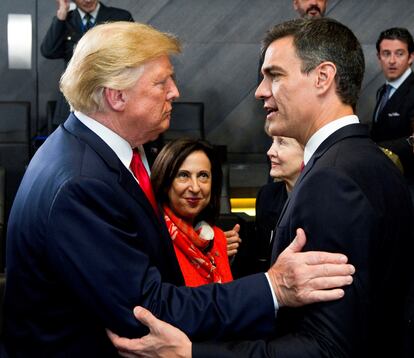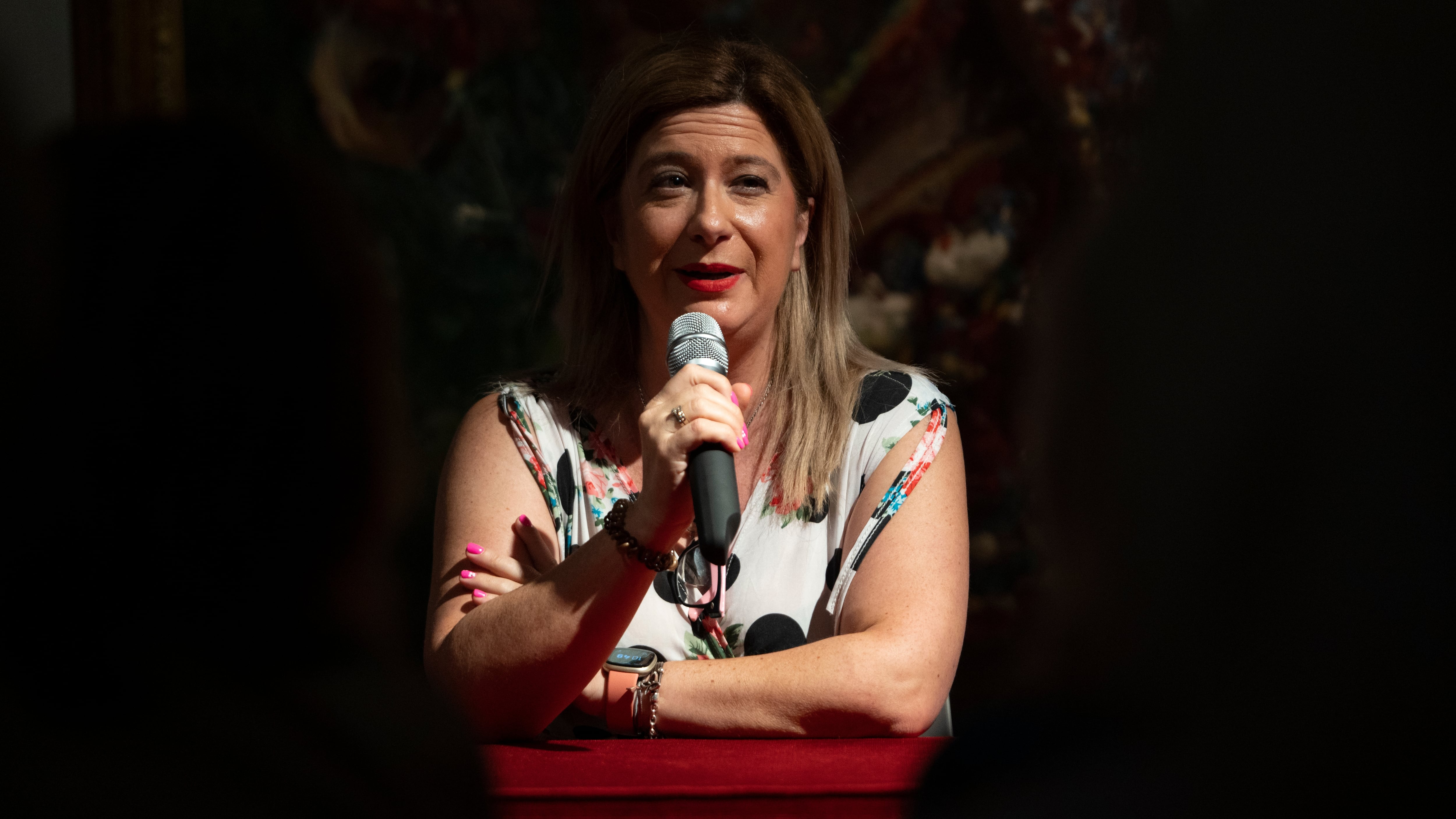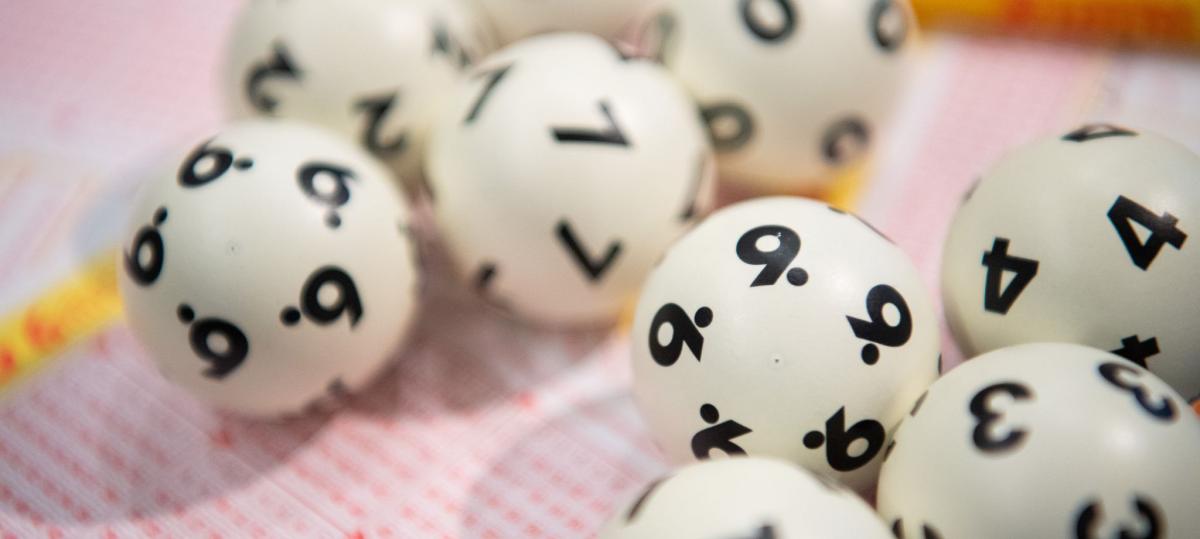The relationship between Spain and the USA 'Terra Incognita': « Trump is a point of no return » | Spain

When referring to the Treaty of Paris, which closed in 1783 the United States War of Independence, Pedro Pablo Abarca de BoleaCount of Aranda, bequeathed this right forecast: “This Federal Republic was born Pigmeo and has needed the support of Spain and France for its independence. A day will come when he grows and takes a fearsome colossus. Then he will forget the benefits received and only think of his aggrandizement. ” More than 170 years later, in 1955, Félix Gordón Ordáspresident of the Republican government in exile, lamented in A conference in Bordeaux (France) Of the pacts of Madrid between the Franco regime and the US, signed in 1953: « No one will be surprised that those who learned to love the US in the ideas of the Lincoln and the Jefferson are losing our love. »
These two phrases condense two characteristics of the relationship between Spain and the United States, a relationship historically marked by distrust, fascination and dependence, whose terms seemed fixed since 1953 but now enters into Incognita terra behind him Sudden change of attitude towards the entire EU promoted by Donald Trump.
On the one hand, the words of the noble statesman offer the track of what would be a prolonged suspicion of Spain towards the nascent power, which has inflicted humiliating defeats, the main in the war that ended with the 1898 disasterculmination of a century in which the USA snatched her possessions in North America and supported the independence movements of the colonies in the center and the south of the continent. That succession of mazazos aquilated an especially strong anti -Americanism in the Spanish conservative layers, who saw in the homeland of George Washington everything they did not want for their own: a federal republic without official religion or aristocracy that offered a promise of social mobility.
The phrase of Gordón In Bordeaux it offers the second thread to throw: that of fascination – due to at least partly in 1953 – that the US woke up since its origin in the Spanish democratic sectors for the same reasons why I displeased the immobilists. That affinity was embodied in the nineteenth century in the abolitionist society, which in the American wake claimed the end of slavery in the Spanish colonies and was germ of various liberal and republicanist initiatives.
These two historical lines were cut in 1953, when the « colossus » that the monarchical statesman brought the hope of the Republican in exile. “The pacts in Madrid were a turning point. Anti -Americanism, until then predominantly conservative, began to identify more and more with progressive sectors, and since then it has not stopped doing it, ”explains the professor of Social Sciences at Carlos III University Daniel Fernández, author of The Yankee enemy (Geneuve, 2012).
¿What were those agreements? The United States helped Spain with money and broke its isolation in exchange for nodding militarily in Zaragoza, Torrejón (Madrid), Morón (Seville) and Rota (Cádiz). Washington turned Franco into his ally in the Cold War. The foundations of a relationship that until now had followed a rule: US maintains Spain under its armed protection and Spain offers its collaboration for US geopolitical and military hegemony, all this while the economic relationship grows. The entrance of Spain in NATO in 1982, ratified in referendum in 1986reaffirmed the previous bases of the bilateral bond.
It is difficult to deny that Spain has done its part. In a article of 2024 on the evolution of the relationship between the two countries, Carlota García EncinaResearcher on Transatlantic Relations of the Royal Institute Elcano, details how successive governments have extreme their willingness to show themselves as a reliable military ally. Although the most extreme case is the support of José María Aznar to the invasion of Iraq despite the strong social oppositionthere are other examples of commitment led even further than other partners, such as deployment within the framework of the Syrian Missile War in Türkiye in 2014« When no ally seemed arranged, » writes the author.
The relationship has suffered ups and downs. But, even in times of tension, the military alliance has remained. Sometimes, beyond appearances, it has even been reinforced. Examples? After the 1988 agreement for a Reduction of military presence American, who raised blisters in Washington, Spain granted him « logistics facilities » to operate in the Middle East that he had not even given, the diplomat Carlos Alonso Zaldívar collects in An article on relations between the two countries. After Skworm gesture of José Luis Rodríguez Zapatero interpreted as a desais to the flag of the bars and stars in 2003 and of the Withdrawal of Iraq troops in 2004the same PSOE government negotiated the deployment of four destructive of the NATO antimisile shield. In telephone conversation, García Encina underlines that it was also a shoemaker who He sent troops to Haiti after his 2010 earthquakeDecision of the white house. Although in Trump's first stage the Washington-Madrid relations were resented, especially due to the lack of political tune once the PSOE came to power, military cooperation never questioned, including the acceptance of more troops in rota.
Is the current crisis another superficial agitation, in this case propitiated by Trump, which will not alter the deep bases of the relationship? Daniel Fernández, a professor at UC3M, does not believe it, for whom Trump's explicit lack of military commitment to the EU, added to the tariff threatis a « point of no return. »
“Spain has always been a loyal ally, trusting that the relationship was reciprocal. Suddenly, we discover no. Even if a future administration rectifies, the doubt is already sown. Who guarantees that in the future there will be new Trumps? When confidence is lost, it costs to recover it, ”says the co -author of Sumhow Different. Spain seen from the United States (Catarata, 2023), for whom there are « historical conditions » that ballast Spain to the period of « uncertainty » that opens. “Unlike a good part of Europe, where the USA acted as Salvador against fascism, in Spain its role was very different, underpinning the dictatorship through the pacts of 1953, which has constituted a kind of original sin in our relationship. In addition, Spanish emigration has been much less than that of countries such as Italy, Ireland or Poland, so the same ties have not been forged. ”
The band of Trump, adds Fernández, also offers political incentives to exploit « anti -Americanism », which could further complicate relations, in a kind of vicious circle. Especially since this feeling is comparatively high in Spain, according to the series of studies on the subject published by the Washington Studies Center German Marshall Fund. The last one, of 2023, shows that 39% of Spaniards see “negative” the influence of the United States in the world, compared to 30% in the total sample of 14 countries. 57% of Spaniards consider the US a reliable partner, eight points less than the total. And that, before Trump. After its arrival, there are symptoms of deterioration of the feeling of link with the American power. A Recent Yougov survey It detects a fall, both in Spain and in other European countries, of the will to help the United States militarily.
The Moroccan neighbor
García Encina believes that Trump's « disruption » leads to « uncertainty. » “What will happen? You have to wait. Trump takes fifty days, ”says the researcher, who does » frozen « the way of cooperation on open migration in 2023, which meant an » interesting expansion of relationships. » Leaving aside what the unpredictable Trump will do, García Encina sees the margin of action of Spain limited. « Being pragmatic, we could take advantage of the fact that Trump is a bilateralist, who prefers country to country relations, to improve our position, » he says, and then point out that he sees it unlikely, in part because the « fixation at the military level » has not paid relations of political trust, and partly because the role of bilateral ally has been diluted in the EU.
The Royal Institute researcher Elcano launches a message against catastrophism. For example, he is risky to think that Spain would not have the support of the United States in the case of a conflict with Morocco, such as when in 2002 the then Secretary of State for the USA, Colin Powellit was involved in the Solution of the crisis on Perejil Island. “That USA takes care of his relations with Morocco does not mean that he abandons what he has with Spain. Geopolitics is not a zero sum game, ”says García Encina, who also rules out a transfer of forces deployed in Rota to Morocco. “The facilities here and there are different. It is not viable, ”he says.
Coral Morera, author of Between admiration and resentment. United States and the Spanish press against the end of the Cold War (University of Alcalá, 2015), believes that Trump's arrival complicates a situation that had been deteriorating. “From before Trump, we are interested in little, of course less than Morocco. Trump's difference is that he does not hide, ”says Morera, who sees the bilateral relations weighted throughout democracy, not only now, by two factors. The first, an « misunderstanding » of American « pragmatism »; The second, an « anti -Americanism of intellectual pose that is exacerbated when there are Republican presidents, and that is contradictory with our lifestyle, totally influenced by their culture. »







